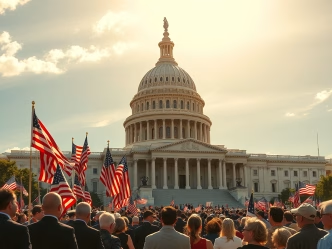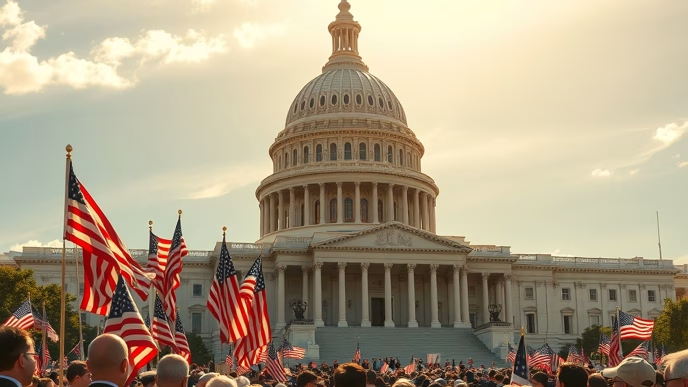In a dramatic and controversial move, U.S. President Donald Trump announced the removal of U.S. sanctions on Syria, signaling a major shift in American foreign policy and his campaign’s commitment to reconfiguring U.S. involvement in the Middle East.
Speaking at a press event in Florida, Trump declared that continuing to isolate Syria had “failed to bring peace or reform” and that it was time for the United States to “rebuild relationships and prioritize stability over endless conflict.” He described the sanctions as “outdated and counterproductive,” adding that the Syrian people have “suffered long enough.”
What Sanctions Are Being Lifted?
According to sources close to the Trump team, the following areas are affected by the policy change:
- Financial and banking sanctions against Syrian government entities
- Trade restrictions on oil, industrial goods, and key infrastructure components
- Investment bans related to reconstruction and telecommunications
- Secondary sanctions targeting third-party companies doing business with Syria
However, sanctions related to terrorism and human rights abuses remain in place, particularly those targeting high-ranking military officials and entities accused of war crimes.
Justification and Strategic Framing
Trump positioned the move as part of a “realist foreign policy agenda”, aiming to refocus U.S. resources away from conflict management and toward economic diplomacy.
“We tried sanctions, we tried regime change — and all we got was chaos,” he said. “Now it’s time for America to lead with strength, but also with common sense.”
Analysts say the decision is designed to:
- Encourage Arab League reintegration of Syria
- Allow U.S. companies to compete in Syria’s post-war reconstruction
- Counterbalance Iran and Russia’s growing influence in the country
- Offer humanitarian relief to civilians suffering from food, fuel, and medicine shortages
Domestic and International Reaction
- Congressional Democrats and human rights groups condemned the move, calling it premature and dangerous, citing Syria’s lack of accountability for civil war atrocities.
- Arab states, including the UAE and Saudi Arabia, welcomed the decision, which aligns with their own normalization strategies with Damascus.
- European allies responded with caution, urging that sanctions relief be conditional and tied to concrete political reform.
Economic Implications for Syria
The lifting of sanctions is expected to:
- Reopen banking and SWIFT access for Syrian institutions
- Stimulate foreign investment in energy, infrastructure, and housing
- Help stabilize Syria’s collapsing currency and inflation crisis
- Enable international NGOs to deliver humanitarian aid more freely
According to regional economic analysts, Syria’s economy could grow by 6–8% annually if reconstruction gains momentum and international capital flows return.
What’s Next?
If Trump is re-elected, his administration is expected to push for deeper diplomatic engagement in the Middle East and a broader rollback of military commitments. Syria, now emerging from years of isolation, could be the test case for this new approach.
While critics warn of legitimizing the Assad regime, Trump’s allies argue that engagement offers more leverage than exclusion — and that lifting sanctions is a pragmatic step toward restoring stability in a fractured region.
As the 2025 election draws closer, Syria’s reentry into global politics may become both a foreign policy legacy issue and a defining campaign topic for Trump’s vision of America’s role in the world.
















